Separated parents can find it really difficult to manage the relationship with their child’s early childhood service.
But here’s information to clarify questions you may have and hopefully help you.
To tell or not to tell the early childhood education service
If the staff know about the separation, they can adjust how they support the child. However, whether to talk about the separation perhaps depends on the type of care arrangement. A parent involved in the service and who often stays with their child at the service (e.g., Playcentre) might decide they don’t need to tell other adults.
Parents with their child in full-time childcare should definitely discuss and make plans with the early childhood service. The staff can observe any changes in behaviour and work with you to plan how they can best support your child to cope with the changes.
Update the service to improve the support offered to the child
Keeping the ECE service informed about the changes that are happening in your child’s life will help them plan their approach in caring for the child.
A child’s disruptive behaviour can sometimes be a way of communicating they aren’t receiving sufficient support, love or attention. For example, a child throwing a tantrum because they don’t want to put their shoes on might usually be left alone to wallow until they realise they can’t play outside until they do it themselves. However, if adults at the ECE service know the parents have separated they might help the child who may be overwhelmed and needing a valuable care moment with hugs and attention.
The support a service can provide to separated parents and children
At the least, separated parents should be offered regular opportunities to discuss how their child is coping including sharing behavioural observations and planning to best support the child.
But many children to adults, and limited resources, may mean a child may not be given sufficient time and attention. Also, the staff may be a mix of experience, abilities and attitudes which may affect the support a parent and their child gets.
The ECE service is responsible to ensure children’s safety whilst at the service. It is expected to contact other services such as Oranga Tamariki or the Police if it suspects the child’s safety is at risk or the child is experiencing abuse or neglect.
Contact the other parent or family court to sort out disagreements, not the ECE service
An ECE service doesn’t have time or resources to be caught between separating parents as it will take them away from their job of caring and planning for the children.
Separated parents must communicate with each other or ask the family court for counselling or help, for example, if a parent is unhappy about:
- The other parent unexpectedly picking up the child.
- The parent’s new partner dropping the child off.
Information the ECE service needs on custody and protection orders
If the ECE service has no copies of custody or protection orders then the other parent retains all legal rights.
If custody and protection orders exist and the childcare service has copies then they will call the legal parent/ guardian or the Police if the other parent breaches the conditions of the order, e.g., attempts to get information or to pick the child up. The ECE service will refuse the parent access to the child or to information as per the conditions of the custody and protection orders.
When providing copies of custody and protection orders to the ECE service the legal parent/ guardian should also update emergency contact details and specify people authorised to drop off or collect the child and access information about the child.
Separated parents’ rights to information
A parent or legal guardian can pick their child up from the ECE service. An ECE service may call a parent if the other parent picks up their child unexpectedly but both parents do have the same rights to drop off, child collection and information.
A new partner cannot pick up a child from the ECE service unless both parents have agreed in writing or as stated in a custody order, protection order or other official document.
Any custody or protection orders must be shown to the ECE service otherwise it will continue to be assumed both parents remain legally responsible for their child. This means either parent can pick up, drop off, call if a child will be absent or access information regarding a child.
If the only name on a protection order is a parent then the other parent still retains all legal rights.
| Information shared with both parents | Information NOT shared with the other parent |
| Parent/ teacher meetings Learning stories, portfolio, other assessments Matters affecting a child negatively |
Any information about the other parent, e.g. |
Both parents can ask or be invited to parent/teacher evenings, be given copies of learning stories, have access to the child’s portfolio, etc. Even if a custody order exists both parents are entitled to the same information about the child including on the days the other parent is responsible for the child.
It is possible some information could be withheld to respect the other parent’s privacy, e.g. a drawing showing mum with her new partner. If a parent asks about the other parent the ECE service should instruct to ask the other parent directly.
An ECE service must respect both parent’s privacy thus will not regularly keep a parent informed about the other parent, for example, if a new partner has dropped off the child.
Any matters affecting a child negatively will always be discussed with both parents.
Lawyers of the parents have no rights to access information from an ECE service unless evidence is shown they are the child’s lawyer appointed by the court.
Further information for teachers and services
Policy and Procedures document for when children’s parents are separated or divorced (oece.nz)
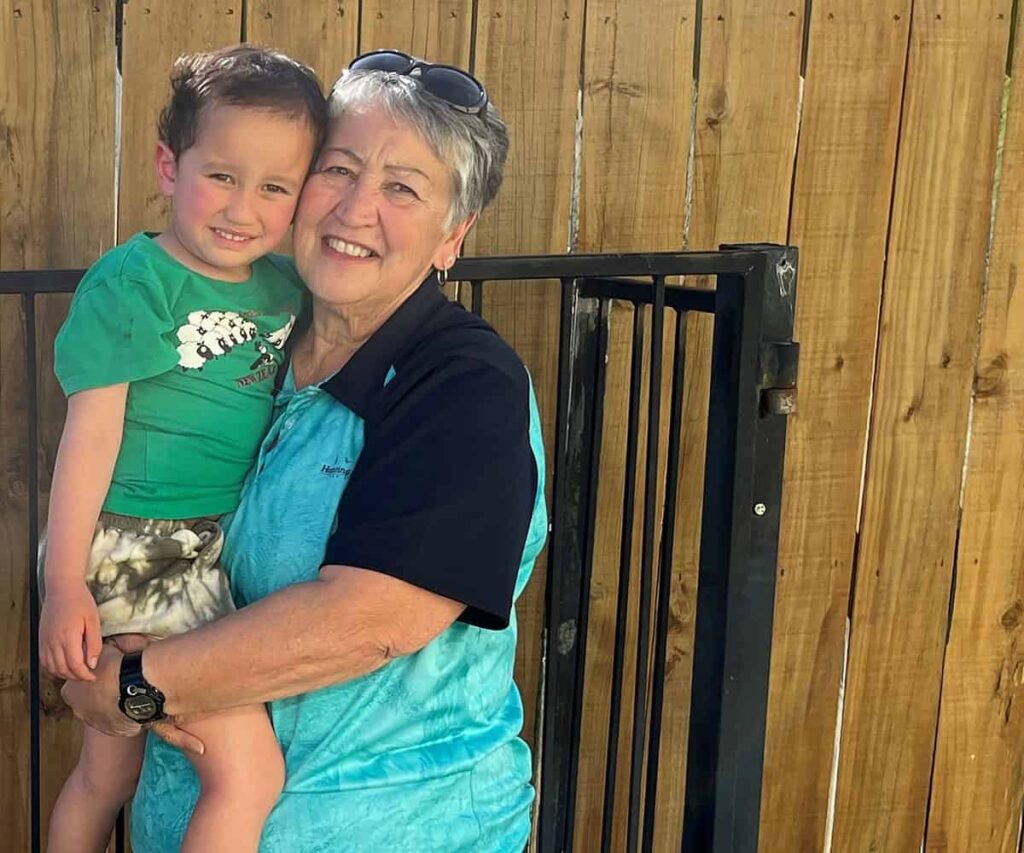
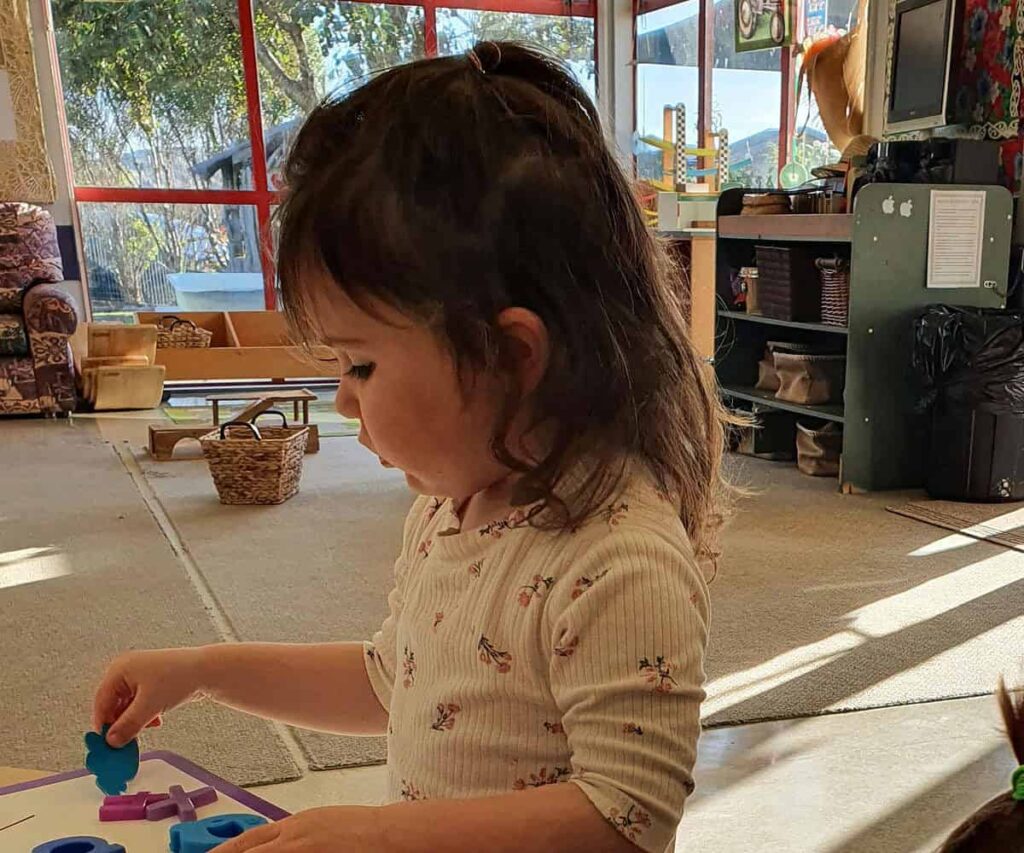
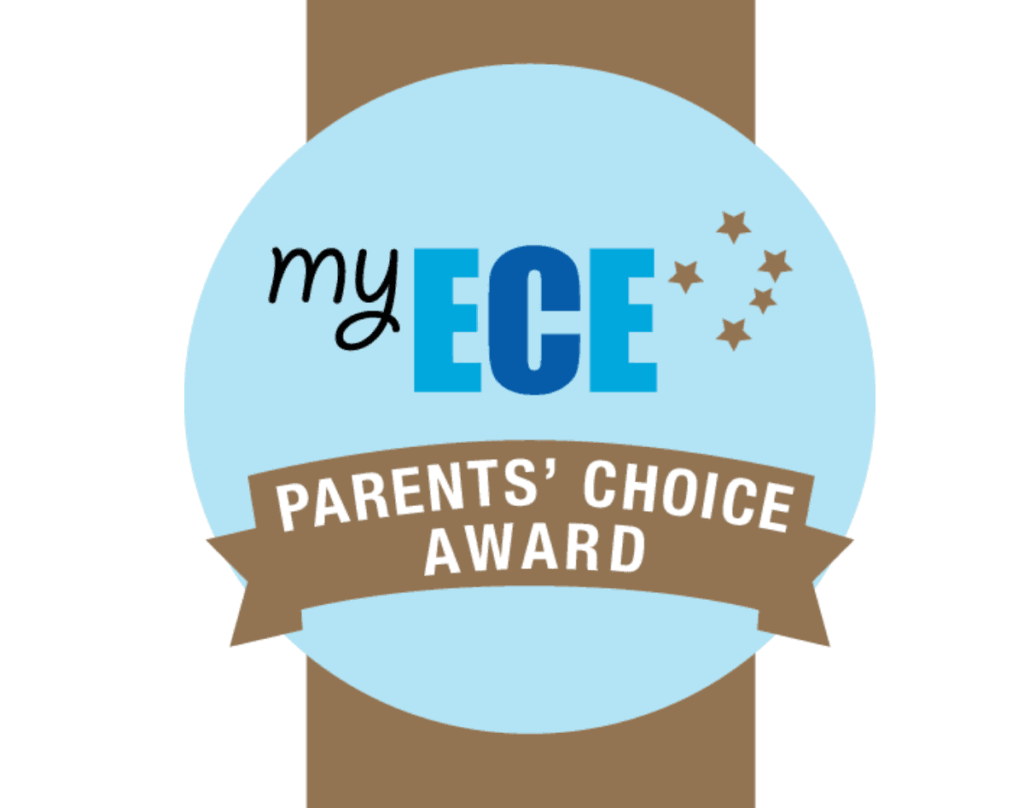
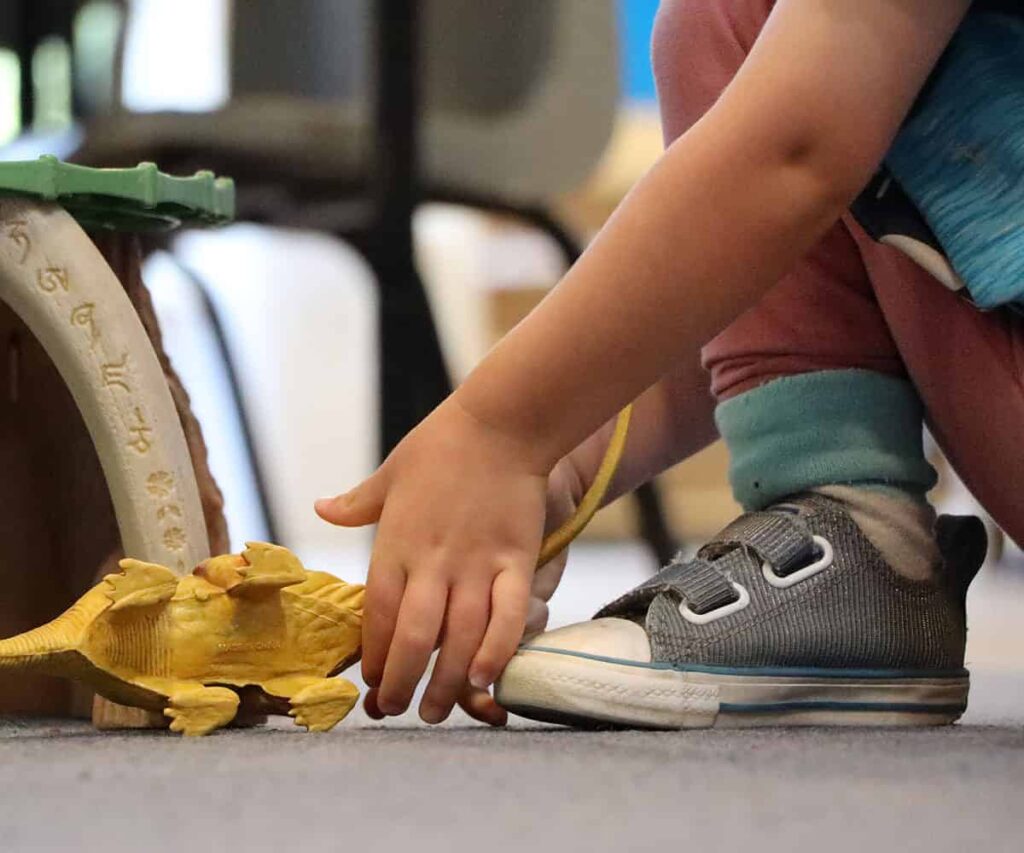
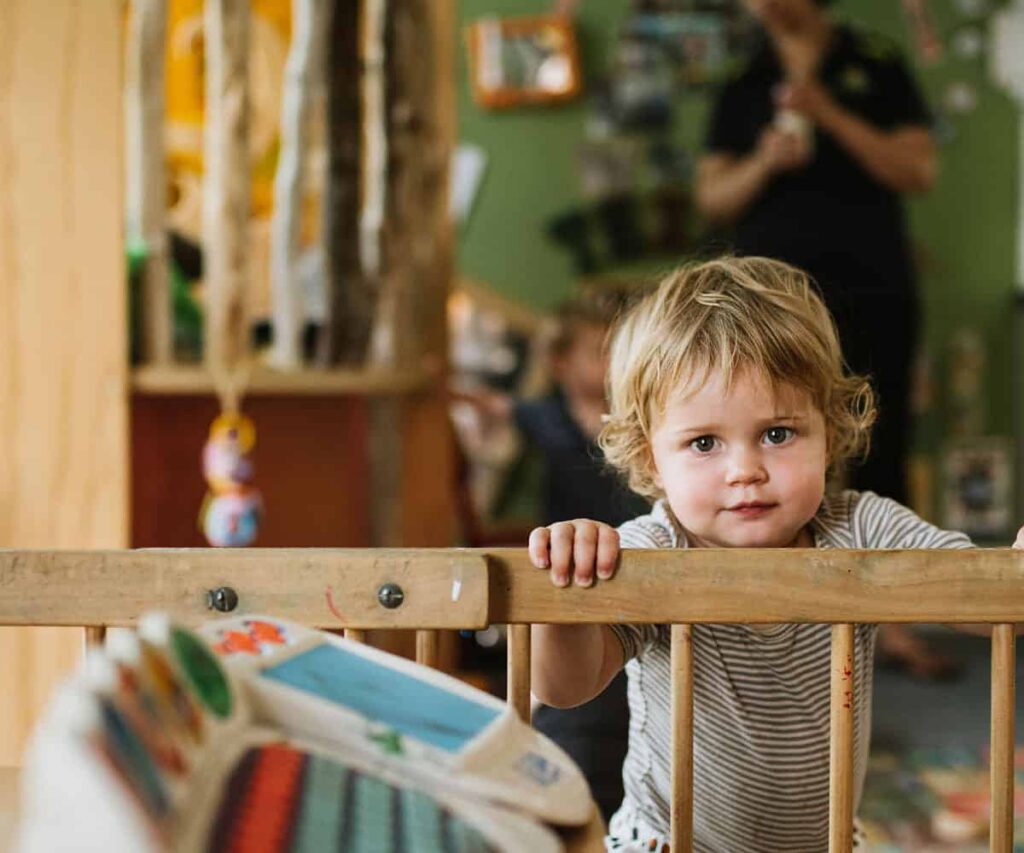
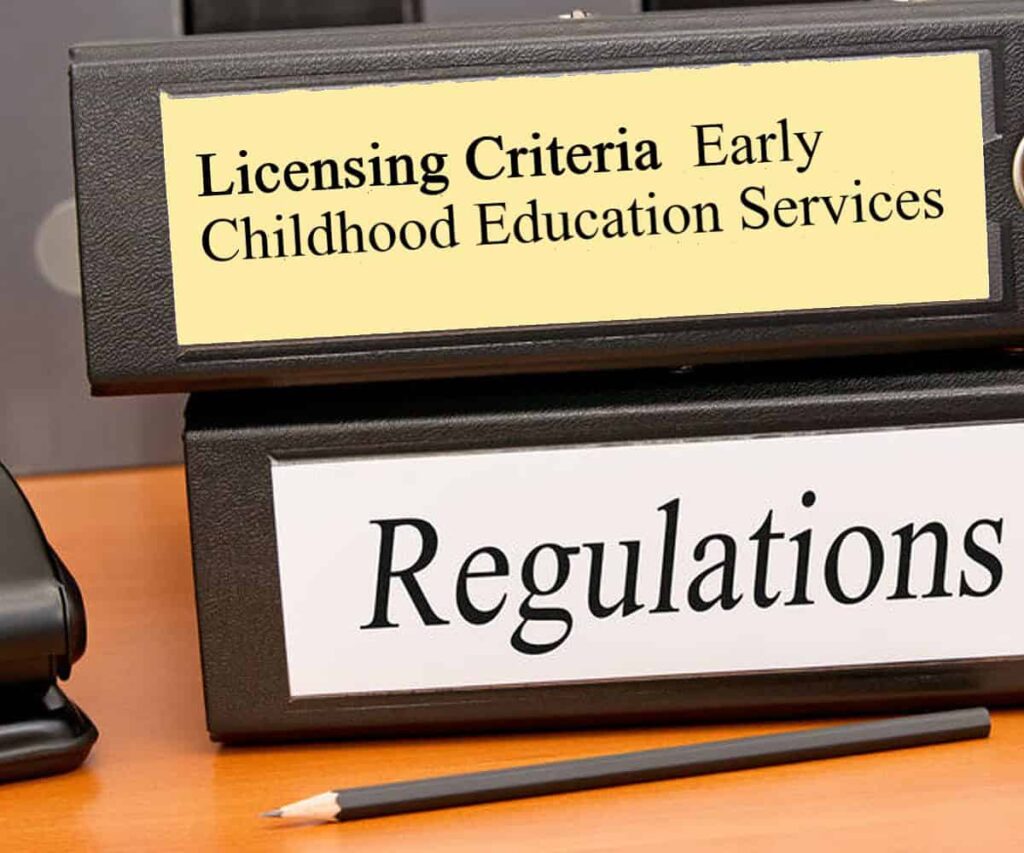
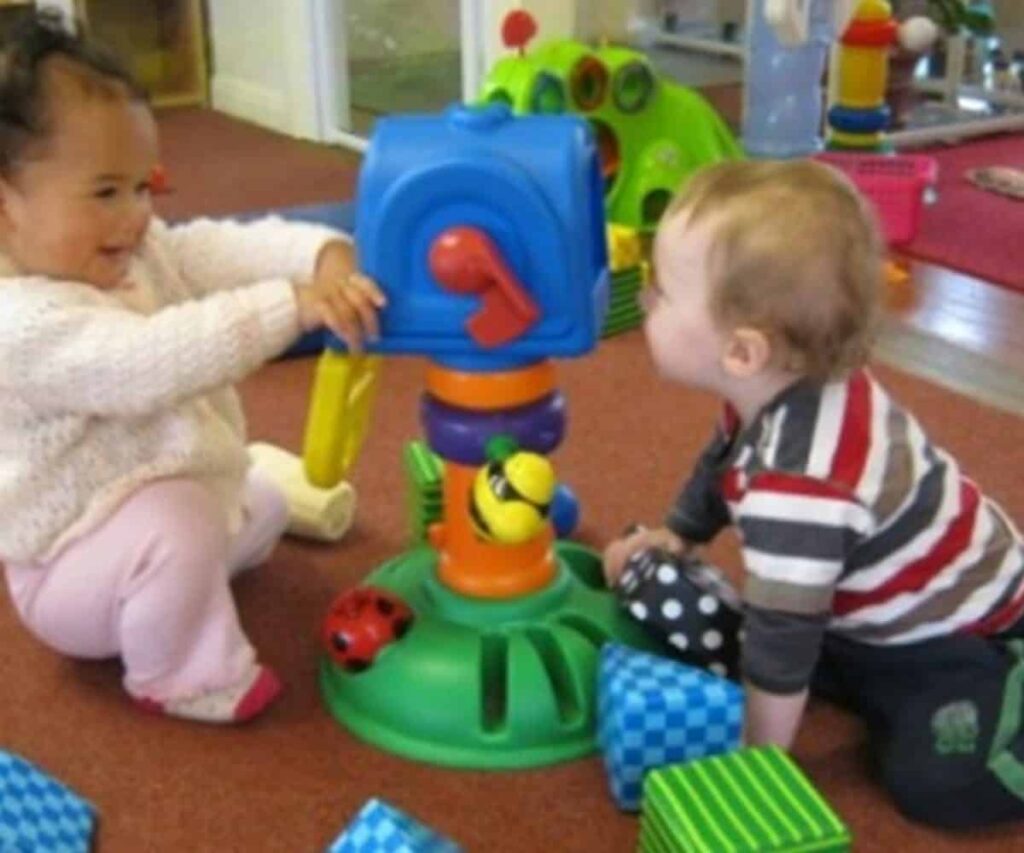
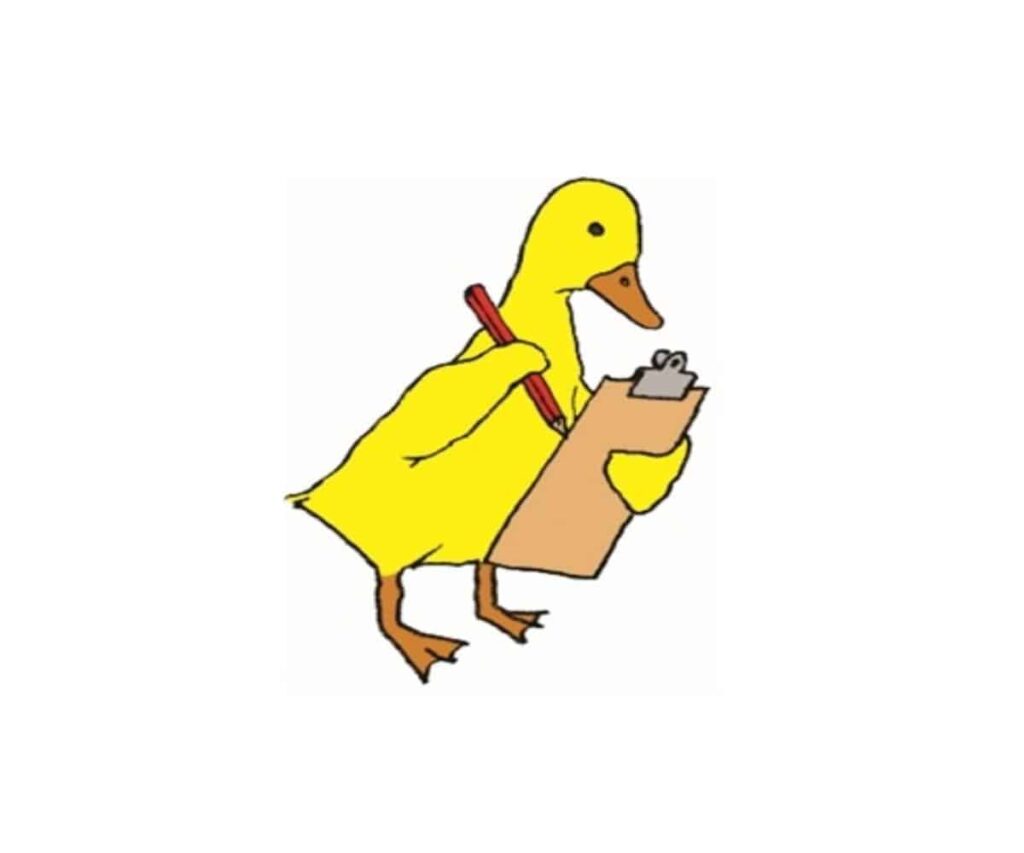
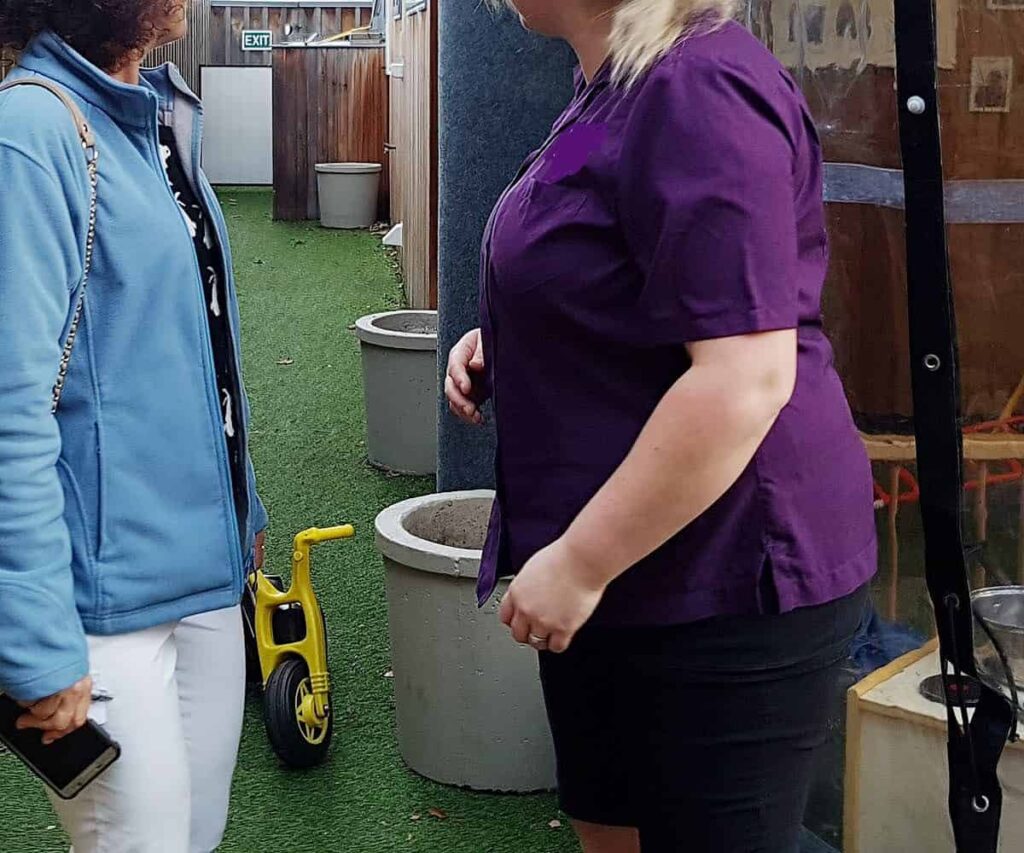
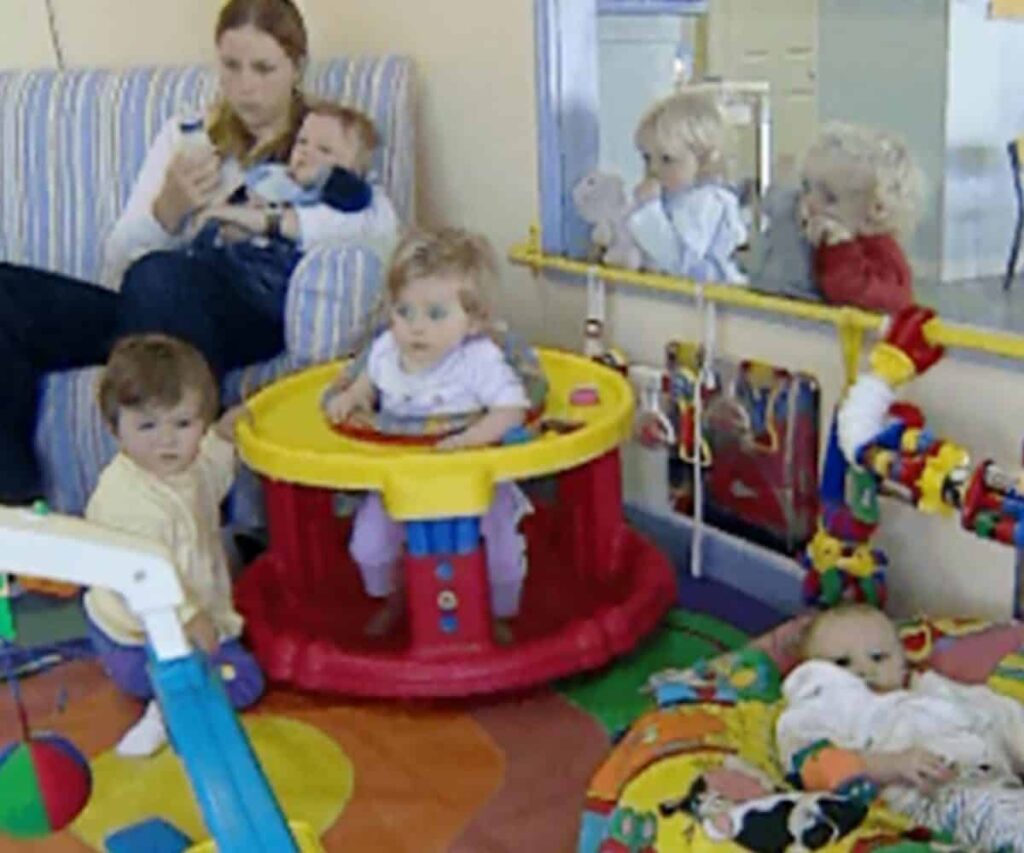
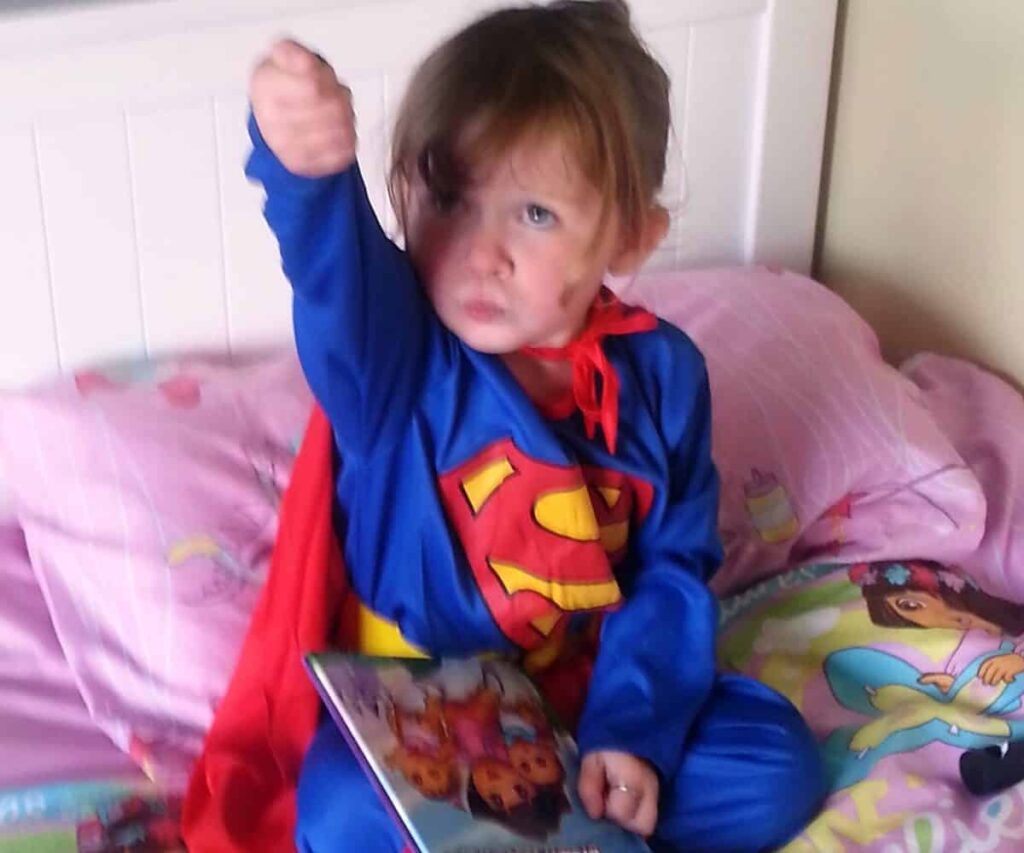
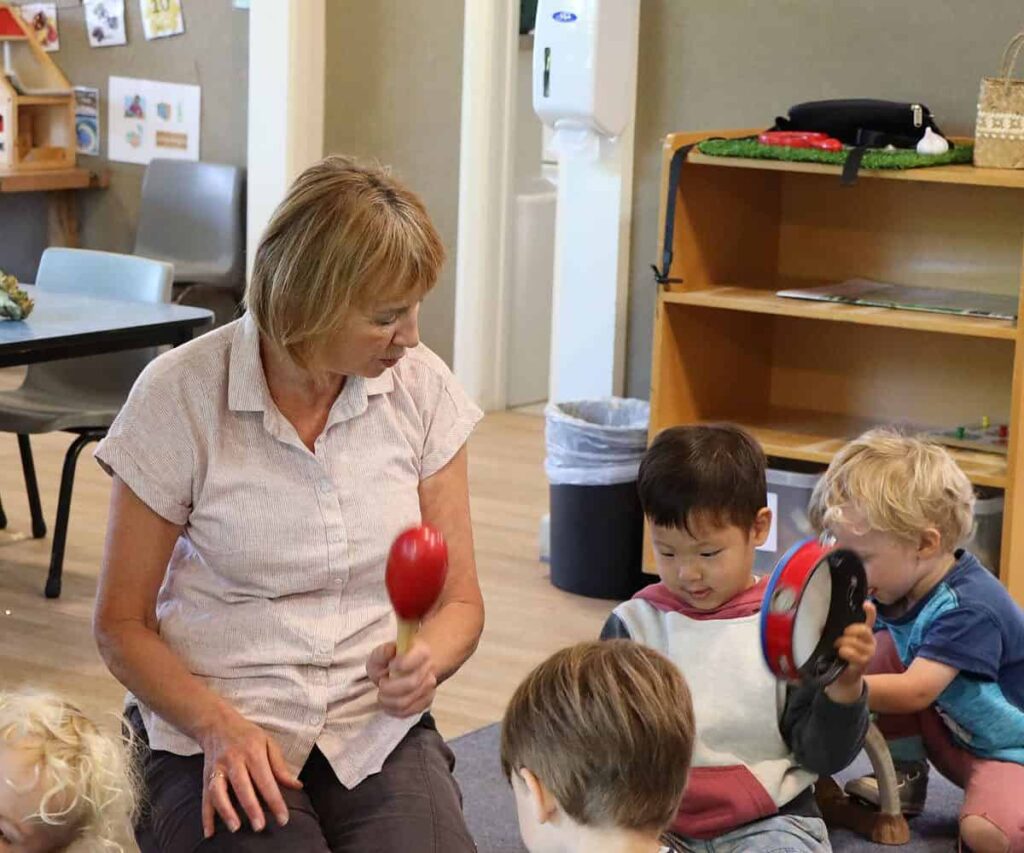
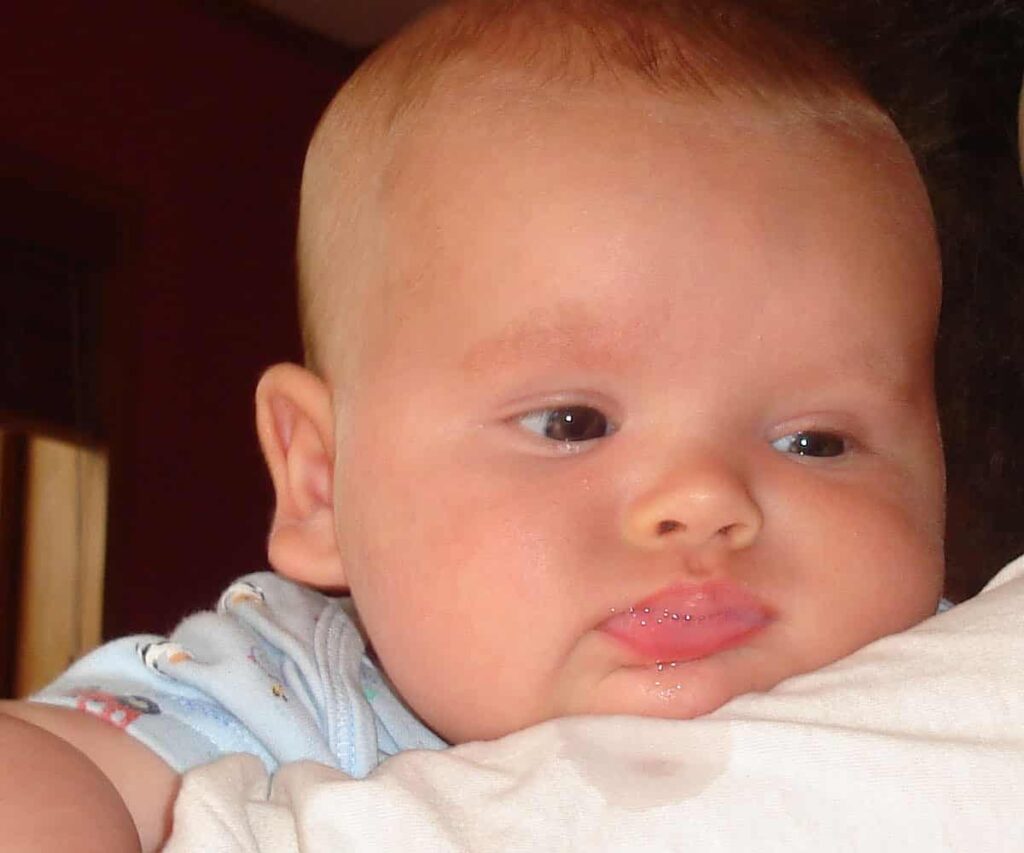
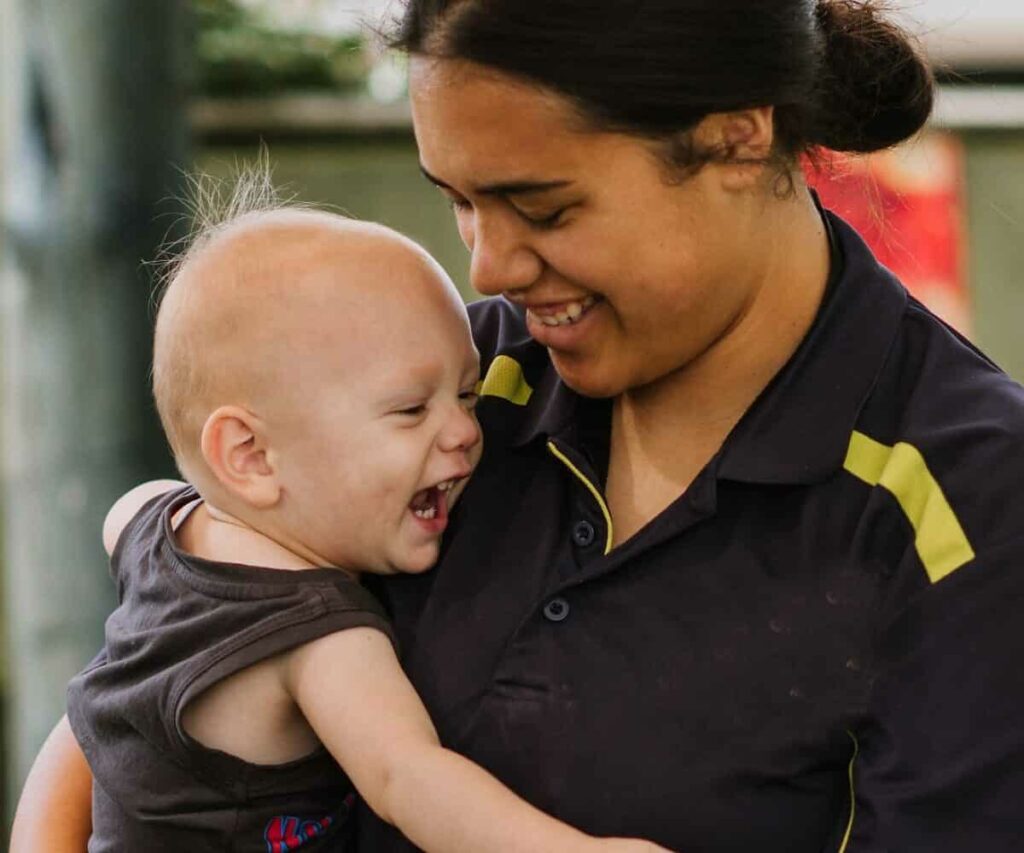
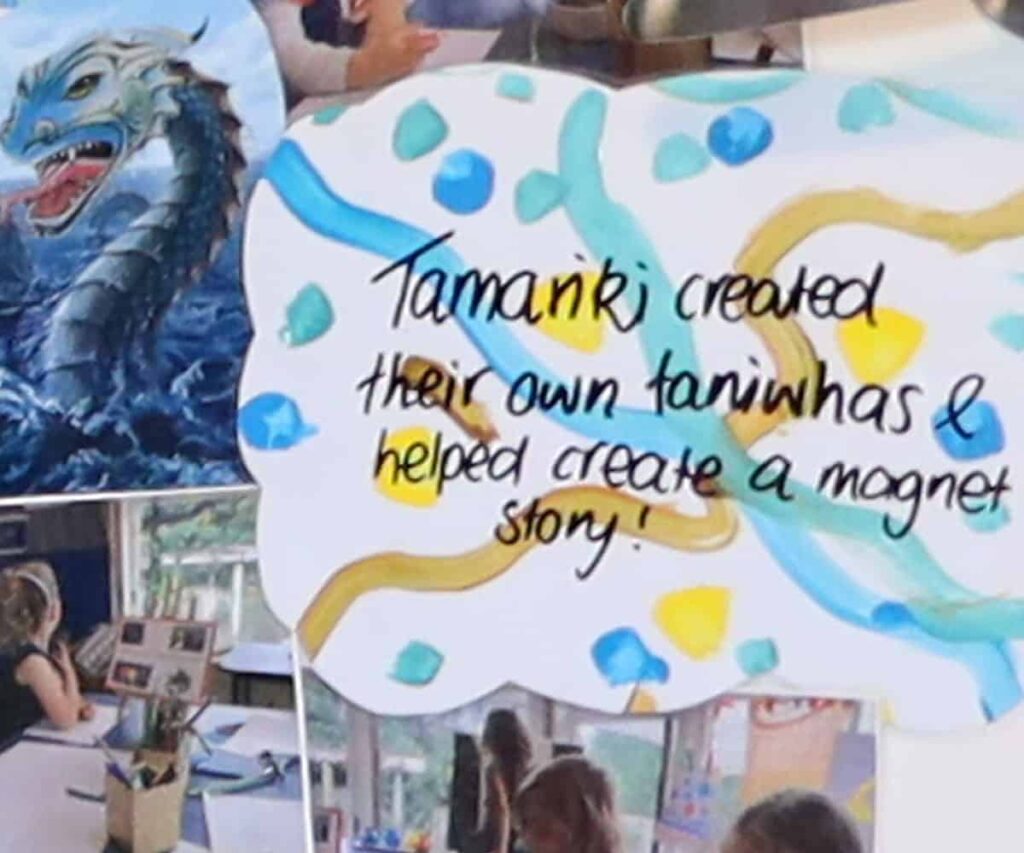
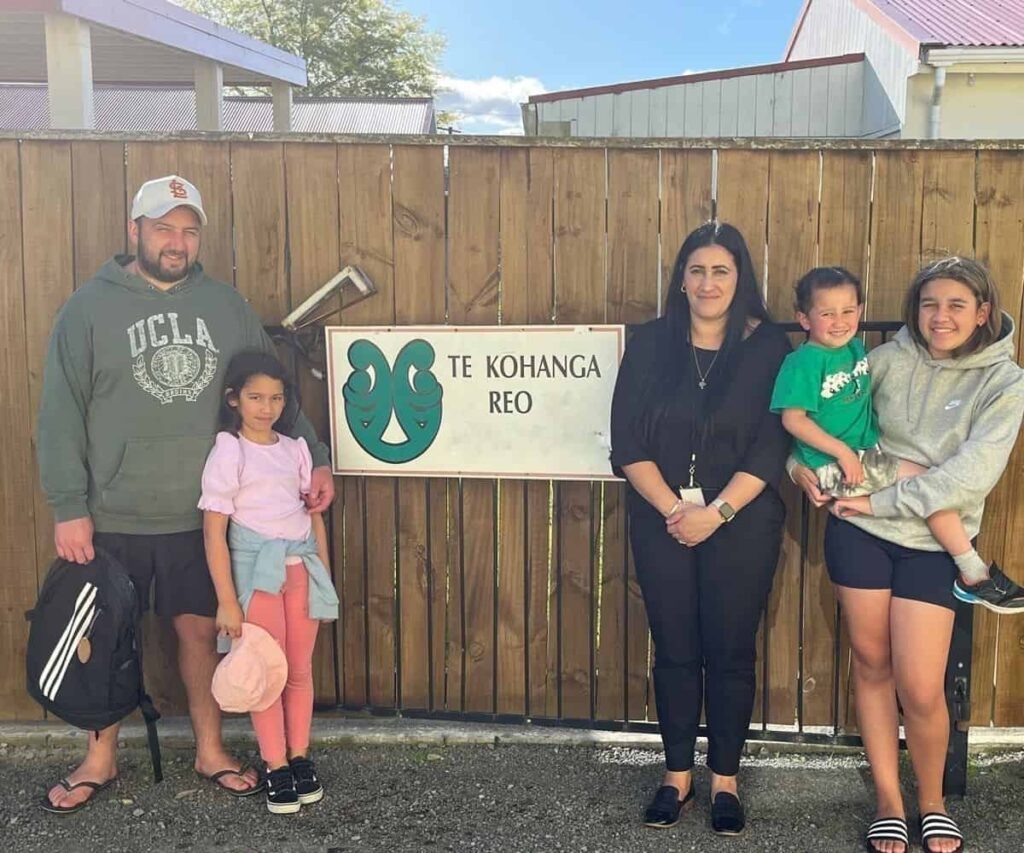
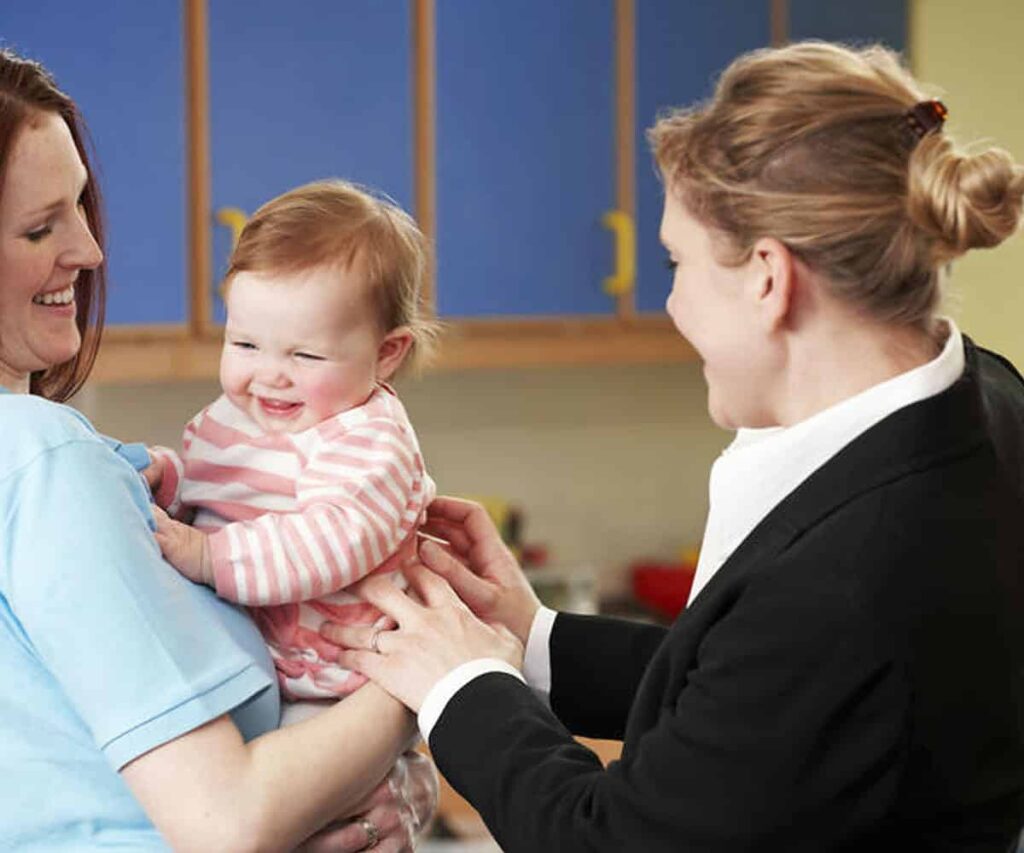
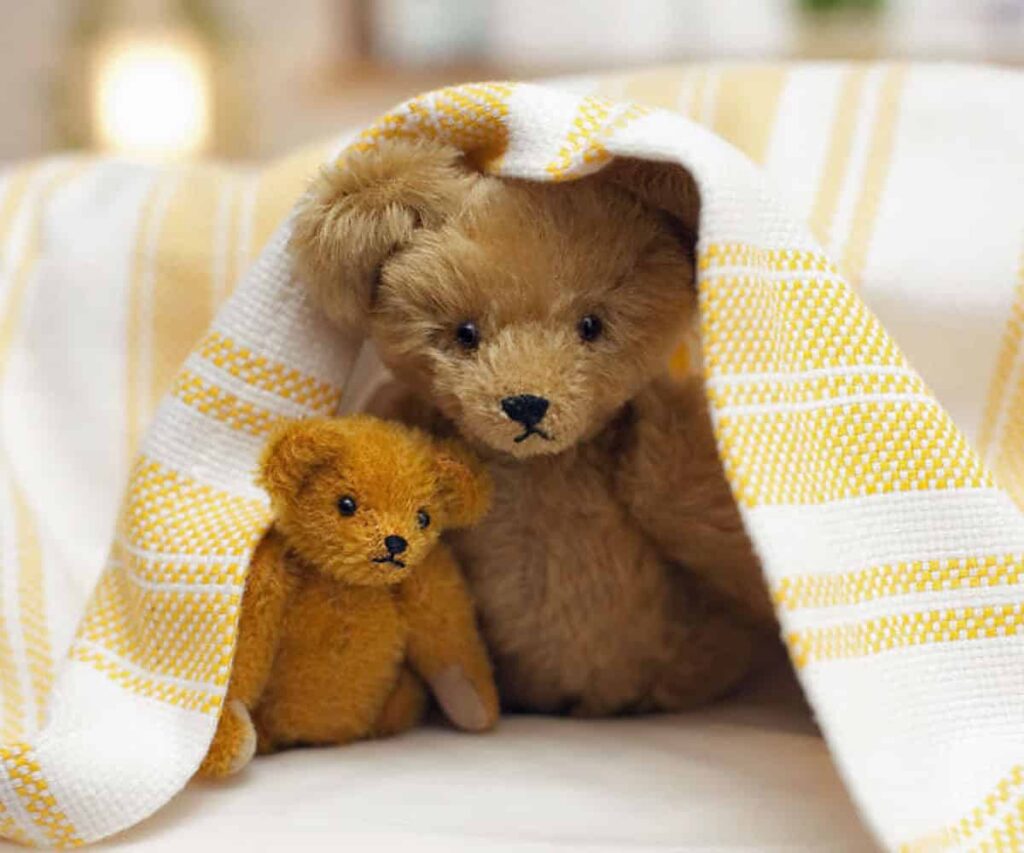

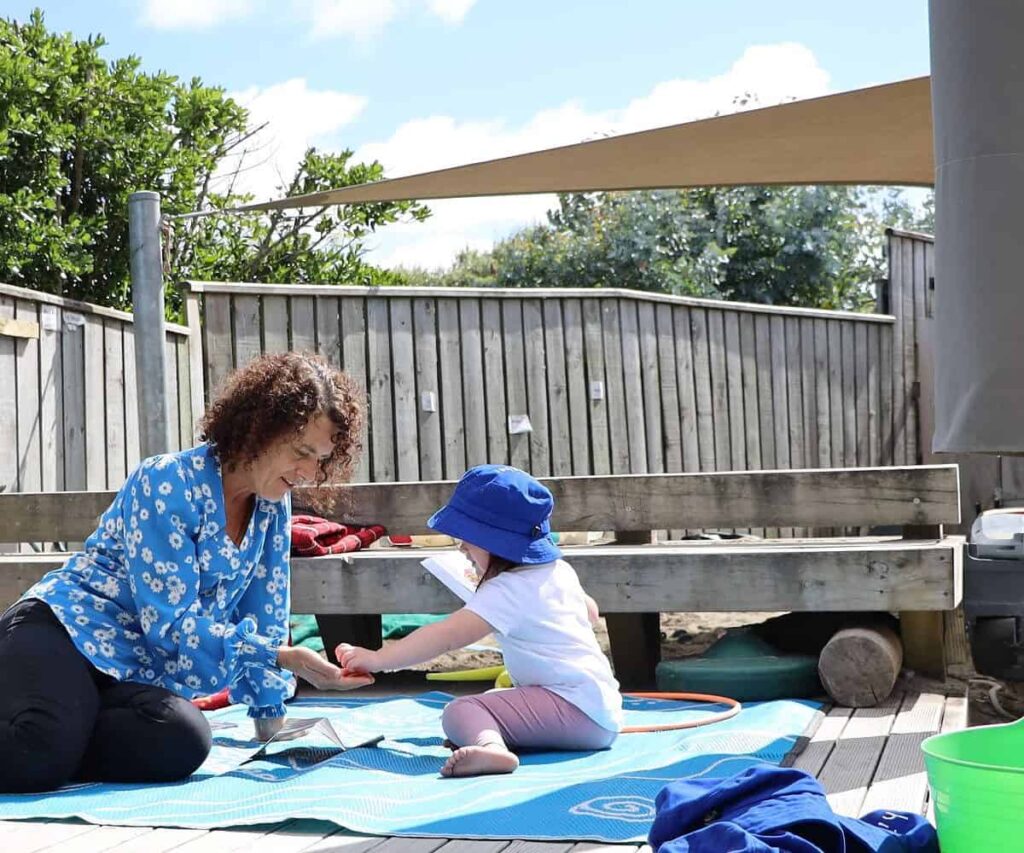
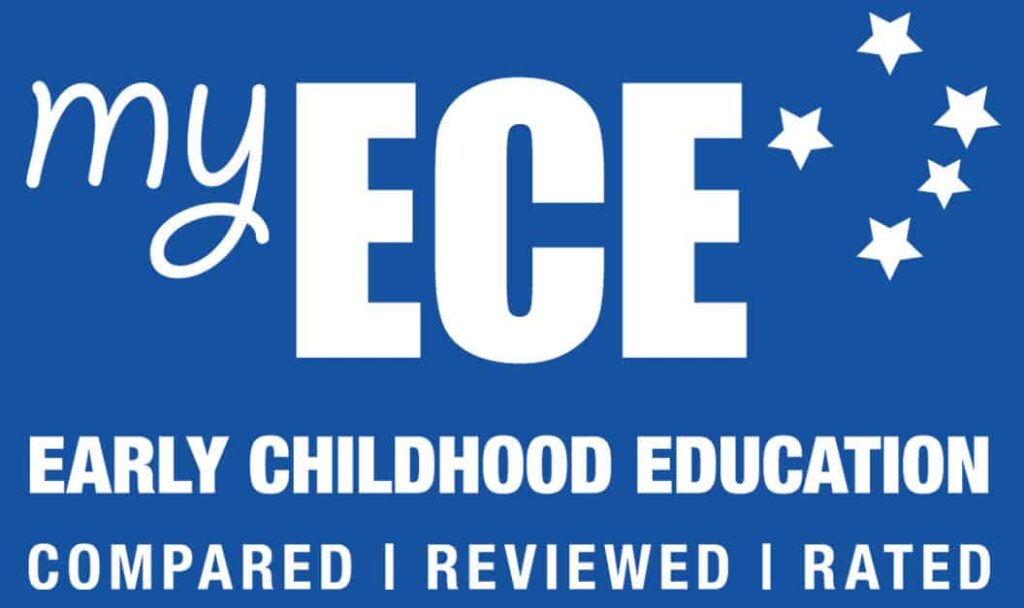
One Response
Hi there,
I am wanting to move away from partner with aim of shared custody of 3 year old. I’d like to have son visit daycare close to me when he is staying with me and at his normal daycare when he is with the father. Other side of city. Can we split the 20 ece hours between 2 daycares? We have extra hours at his current daycare as part scholarship too.